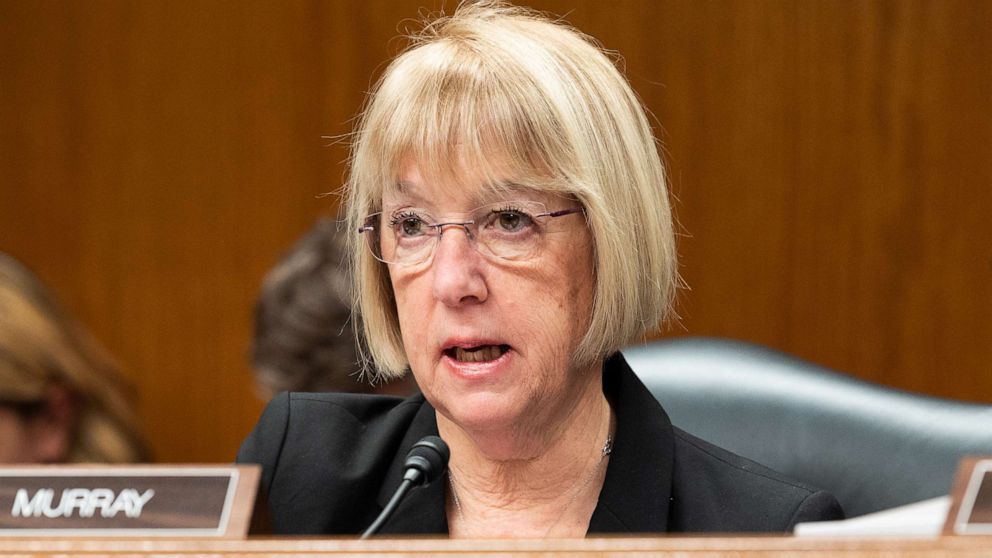Congress acted to save the airlines. One senator asks: What about child care centers?
Sen. Patty Murray, a top Democrat, is pushing for another industry bailout but one she insists is crucial to reopening the country amid the pandemic: child care.
Murray, whose home state of Washington was hard hit early on, says the child care industry has mostly been overlooked and is now on the verge of collapse, with some centers telling her they won’t survive another two weeks of closure.
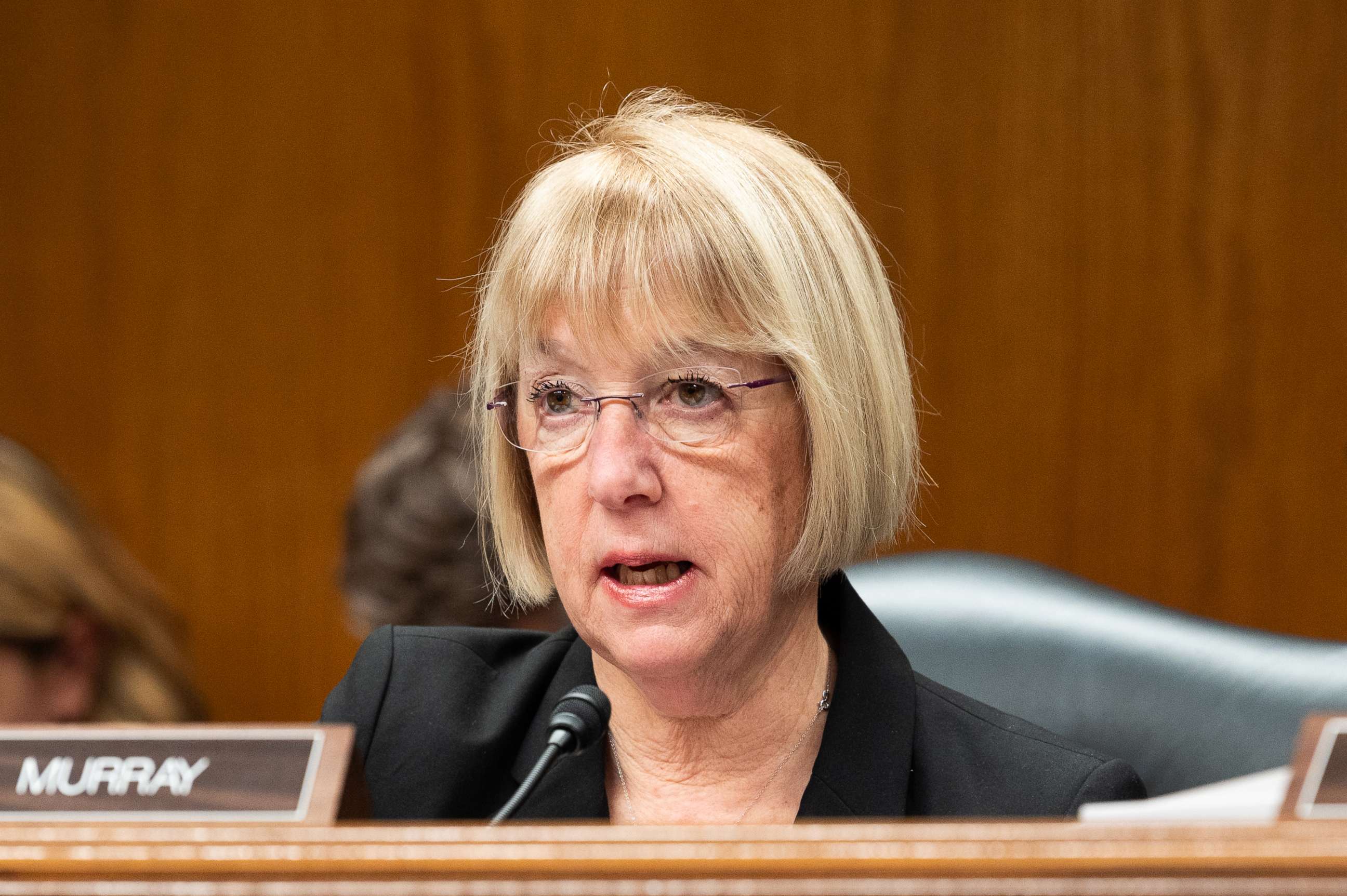
In an interview with ABC News, Murray estimates the U.S. child care industry needs some $50 billion in aid to survive – roughly the same amount carved out by Congress to rescue the airline industry and businesses deemed critical to national security.
"This is a time when we, as a country, have to say - if we want this economy to be stable, and we want people to go back to work, and we want our country to be able to move forward, childcare is an essential key part of it," said Murray.
Tune into ABC at 1 p.m. ET and ABC News Live at 4 p.m. ET every weekday for special coverage of the novel coronavirus with the full ABC News team, including the latest news, context and analysis.
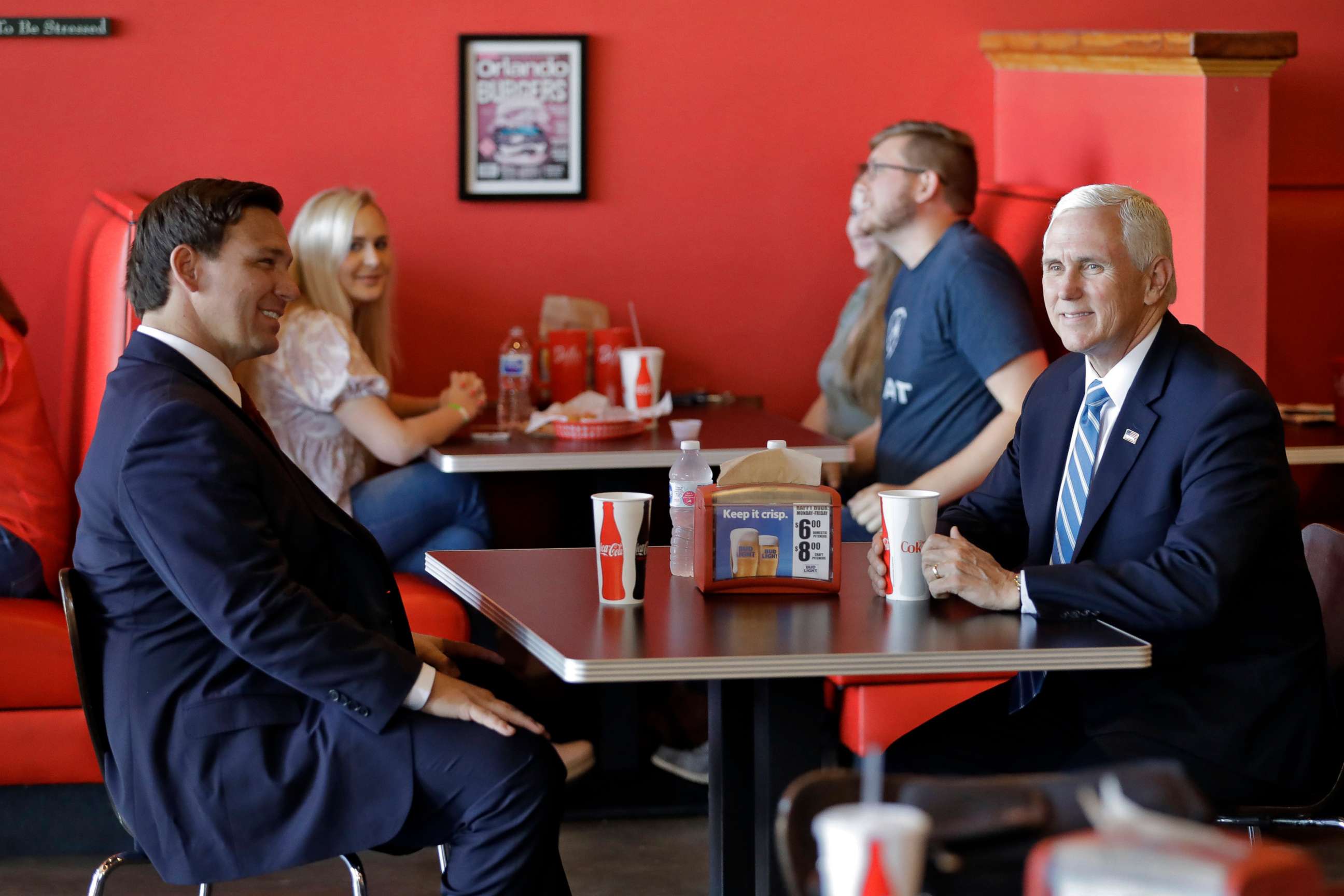
President Donald Trump has frequently called on America to return to work, and Vice President Mike Pence on Wednesday visited a burger joint in Florida, without a mask, to make that point. But Trump and his top aides have paid considerably less time and attention to schools and day cares and the role child care programs play in enabling parents to return to work.
When ABC News asked Trump how Americans can go back to work if schools are closed and whether he is considering how to help working parents, he said, "I think -- yeah, good question. I think the schools are going to be open soon."
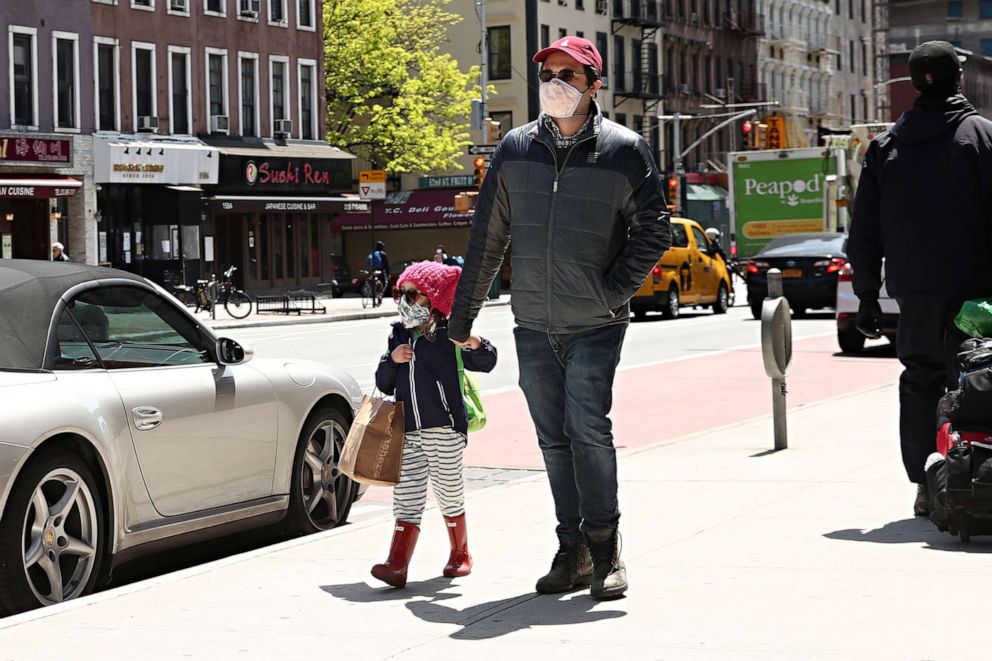
Child care centers in particular though pose significant challenges when it comes to novel coronavirus. Younger children are unlikely to wear masks and adhere to social distancing rules. Federal guidance suggests avoiding masks worn by a child under the age of 2.
And centers hard-hit by lost tuition payments aren’t in a financial position to equip staff with protective gear – raising questions about whether some staff would return out of concerns that they would be at risk.
Parents too might be reluctant to send their children. According to an ABC News/Ipsos poll, 69% of Americans who have a child under the age of 18 living at home who had been enrolled in school before the pandemic said they are not currently willing to send their child back to school.
So far, Congress has approved $670 billion in federally guaranteed loans to small businesses and created a $500 billion program to lend money to industries hit hard by the crisis, including $46 billion designated for the airline industry and businesses critical to national security. According to a May 18 oversight report, the Treasury Department was still reviewing loan applications for these businesses and hadn't dispersed that money yet.
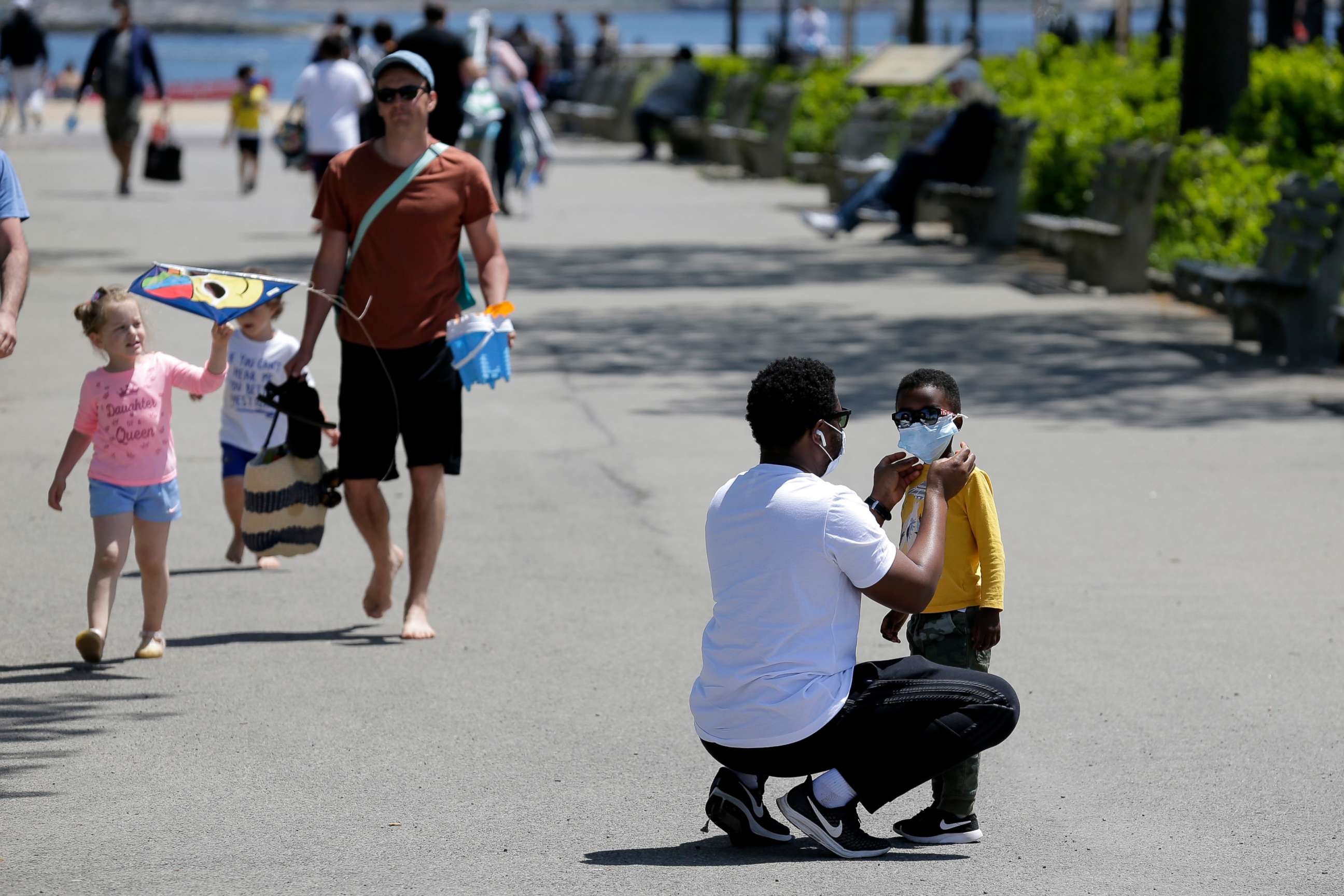
Murray said some child care centers in her state are trying to remain open for first responders and other “essential” workers. But like gyms that rely on monthly payments to survive, these centers – which experts say already operate on thin margins – need every tuition payment to survive.
“They're trying to figure out how to do it health-wise, and they just aren't going to survive this crisis unless we as a federal government step in," she said.
It remains unclear whether Republicans will swing behind Murray’s push. She said she has been talking to Republicans about trying to get a provision for child care centers added to the next relief package, but more spending approved by Congress is far from certain.
Senate GOP leadership has so far stood firm with Trump in taking a pause before approving more spending following the massive $2 trillion relief aid.
When asked if this is just another industry bailout, Murray said: "You can say that. Schools need to be reopened. Businesses need to be reopened, but if those people who are going to work every day don't have somewhere to leave their kids, then those businesses can't open."
What to know about coronavirus:
- How it started and how to protect yourself: coronavirus explained
- What to do if you have symptoms: coronavirus symptoms
- Tracking the spread in the US and Worldwide: coronavirus map
